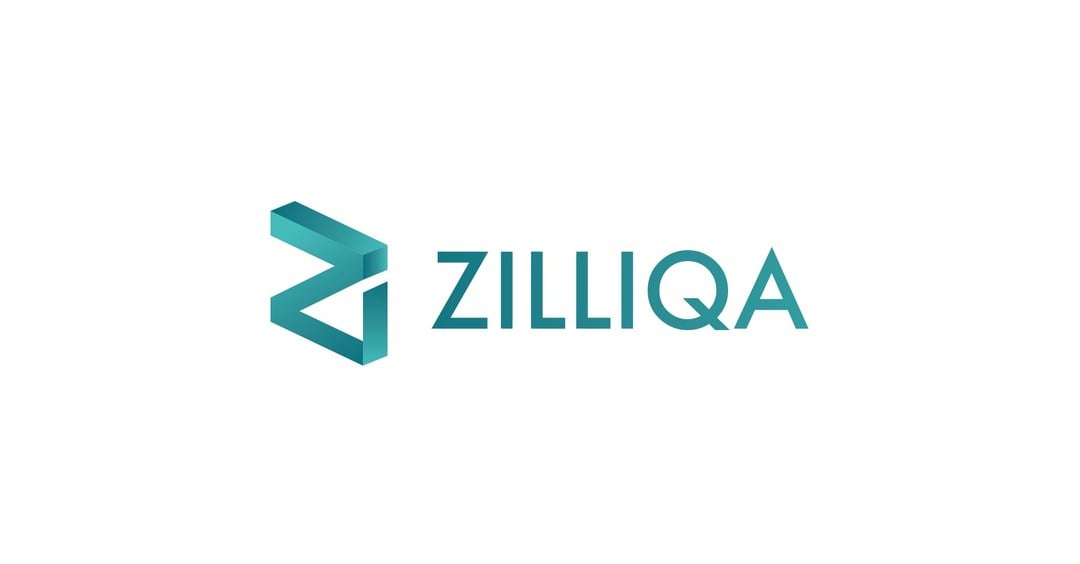ARTICLE AD BOX

- The Jasper proto-testnet introduces Zilliqa 2.0’s Proof-of-Stake for faster transactions and enhanced validator rewards.
- Zilliqa 2.0 aims to provide a scalable blockchain network, making Web3 as easy to use as the internet.
Officially gone live, the Jasper proto-testnet for Zilliqa 2.0 marks a significant turning point in the evolution of Zilliqa’s next-generation blockchain system. This first phase presents the new Proof-of-Stake (PoS) consensus method, meant to enable ultra-fast transactions with pleasing incentives for validators.
Aiming at building a highly scalable and efficient blockchain network, the official release from Zilliqa indicates that the proto-testnet is the first main point on their roadmap for Zilliqa 2.0. Zilliqa Head of Research Zoltan Fazekas stated:
“This launch marks a significant step forward in realising our vision for Zilliqa 2.0. The Jasper proto-testnet is not just a test environment; it’s the beginning of a new era in blockchain technology, where speed, efficiency, and user-friendliness converge. We invite developers and businesses to join us in exploring the possibilities of this groundbreaking network.”
Enhanced PoS and EVM Compatibility Boost Jasper Proto-Testnet’s Capabilities
Mostly with regard to its PoS method, the recently unveiled Jasper proto-testnet exhibits some basic capabilities. Apart from quick and low-cost transactions, this system stresses energy efficiency, which helps Zilliqa scale properly to satisfy developers and companies all around.
Early versions let developers and validators investigate the features of the proto-testnet and even run a validator node, therefore benefiting network security.
This practical approach is crucial since it enables the Zilliqa community to give comments and assist the Zilliqa tech team in fixing any flaws or problems that might develop during this early testing period.
Apart from the fresh PoS technique, the proto-testnet provides fundamental characteristics such as support for Scilla smart contracts and interoperability with the Ethereum Virtual Machine (EVM), therefore complementing Zilliqa’s smart contract ecosystem.
As the Jasper proto-testnet develops, the Zilliqa tech team is dedicated to closely collaborating with its developer and validator community to guarantee that the evolution of the network corresponds with user feedback, as underlined in Zilliqa’s official remarks.
Future benchmarks, including the launch of the Zilliqa 2.0 mainnet and the slow rollout of x-shards and smart accounts, abound on the road map for Zilliqa 2.0. These developments are supposed to enable hitherto unheard-of customization and simplicity of use, enabling developers to produce digital assets with more freedom and decentralized apps (dApps).
Zilliqa 2.0’s flexibility makes it a great fit for companies looking to start and expand Web3 initiatives. Aiming to use blockchain technology in many ways, Zilliqa presents its new network as a platform that easily interacts with the larger worldwide Web3 ecosystem.
New Torch Wallet Extension Aims to Simplify User Onboarding
Consistent with these trends, the larger Zilliqa ecosystem is also undergoing notable change. As Zilliqa tweeted, Torch Wallet, a Zilliqa-compatible wallet, just unveiled a new browser extension.
Congratulations to @TorchWallet on the launch of their new browser extension!
With the blue ocean of Zilliqa 2.0 ahead and the plethora of new opportunities it will bring, tools like this will be key to seamlessly onboard new users. https://t.co/GwFlJZwSlF
— Zilliqa (@zilliqa) October 15, 2024
Especially as the network develops and increases its capacity, this instrument is considered a fundamental part in onboarding new users to the Zilliqa 2.0 ecosystem. The wider acceptance of Zilliqa 2.0 among both new and current users is likely to be mostly dependent on the simplicity of access offered by instruments like Torch Wallet.
Recent strategic actions by Zilliqa also involve a collaboration with Brillion, meant to further tokenize actual assets. Reports from CNF indicate that this partnership seeks to close the distance between traditional finance and decentralized finance (DeFi).
Brillion’s WaaS (Web3-as-a-Service) platform is poised to enable attempts at enterprise-level tokenization, hence extending Zilliqa’s influence into new industries and use cases, including metaverse initiatives. This cooperation fits Zilliqa’s idea of creating a blockchain platform that not only supports but also actively stimulates innovation in many different fields.
The native token of the Zilliqa network, ZIL, is trading right now for about $0.01467. Reflecting a good sentiment following the opening of the Jasper proto-testnet, ZIL has experienced a 4.61% rise over the last seven days. The market cap moved back to about $279 million after momentarily touching $300 million.
.png)
 4 weeks ago
1
4 weeks ago
1








 English (US)
English (US)